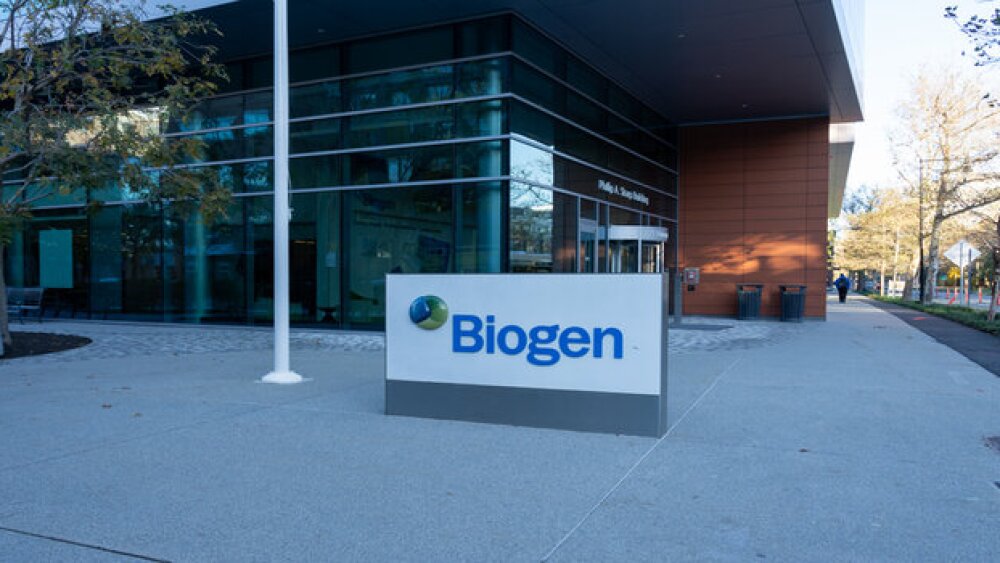Ahead of the FDA’s June target action date for Sarepta’s Duchenne muscular dystrophy gene therapy, ICER Chief Medical Officer David Rind blasted the regulator’s accelerated pathway in a JAMA viewpoint article.
The FDA’s authorization of therapies that fail their efficacy endpoints casts doubt on the regulator’s accelerated approval pathway, according to an article from David Rind, chief medical officer of the drug pricing non-profit Institute for Clinical and Economic Review, published Wednesday in the Journal of the American Medical Association.
In his viewpoint piece, Rind specifically called out Sarepta Therapeutics’ gene therapy Elevidys (delandistrogene moxeparvovec-rokl), which won the FDA’s accelerated approval in June 2023—despite falling short of its primary efficacy endpoint in two studies.
To support its decision to grant Elevidys accelerated approval in Duchenne muscular dystrophy (DMD), the FDA pointed to expression levels of the protein micro-dystrophin, which the regulator said was “reasonably likely to predict clinical benefit in individuals 4 to 5 years of age,” for whom Elevidys is indicated.
In DMD, a rare neuromuscular disorder, mutations to the dystrophin gene lead to a dysfunctional protein, which manifests as developmental delays and muscle weakness. Elevidys works by delivering a functional copy of the dystrophin genes to the patients’ muscles.
“In making this decision, the FDA considered the potential risks associated with the drug, the life-threatening and debilitating nature of the disease for these children, and the urgent unmet medical need,” the regulator noted in its announcement at the time.
Still, the accelerated approval came as a surprise to many, given that Elevidys had failed the primary outcome in a Phase I study, unable to significantly improve patients’ functional performance versus placebo.
Among those that raised concerns about this Phase I miss were the regulator’s own reviewers, who in briefing documents published ahead of an advisory committee meeting said that micro-dystrophin levels “only provides information about expression of the transgene product in cells transduced by SRP-9001, rather than insight into a pharmacologic effect on a biomarker in the pathway of the disease.”
Sarepta narrowly cleared the same advisory committee vote, earning support from eight out of 14 panelists.
To keep Elevidys on the market, Sarepta ran the confirmatory Phase III EMBARK study looking at the clinical benefit of its gene therapy. In October 2023, the biotech announced that EMBARK had failed its primary endpoint, unable to significantly improve functional mobility versus placebo, but Sarepta nevertheless called the findings “robust evidence” of clinically meaningful benefit.
The FDA accepted Sarepta’s supplemental Biologics License Application earlier this year, with a verdict due on June 21, 2024.
Rind in his viewpoint article on Wednesday also blasted the price tag of Elevidys, which Sarepta has set at $3.1 million per dose, making it one of the world’s most expensive therapies.
“This is an enormous price tag for a therapy that has failed to meet its primary end point in the 2 randomized trials in which it has been studied and that is clearly not curative,” Rind wrote.
Tristan Manalac is an independent science writer based in Metro Manila, Philippines. Reach out to him on LinkedIn or email him at tristan@tristanmanalac.com or tristan.manalac@biospace.com.






